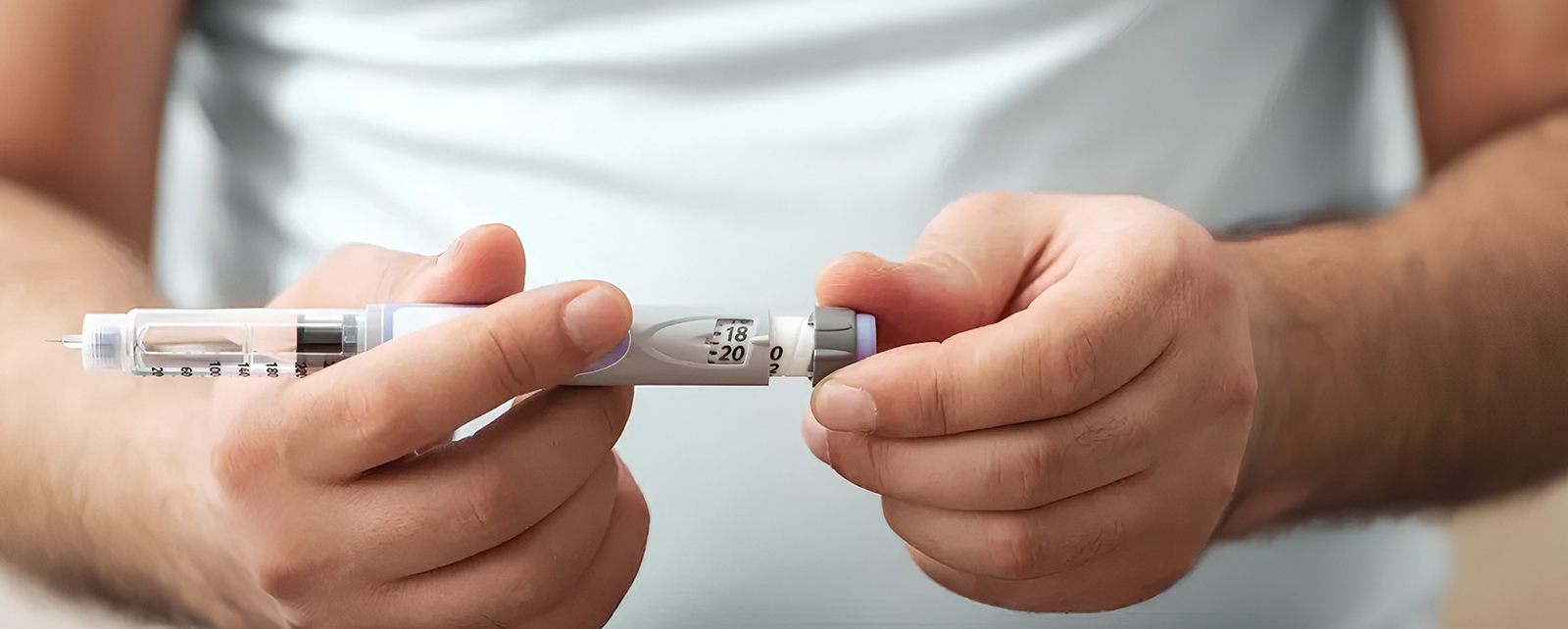Yes, thyroid dysfunction can impact fertility and pregnancy. Hypothyroidism can cause infertility and miscarriage, while uncontrolled hyperthyroidism can lead to preterm birth and preeclampsia. Proper management is crucial for a healthy pregnancy.
People with thyroid dysfunction or those on thyroid medication should have their thyroid function tested regularly, typically every 6-12 months, or as directed by their healthcare provider.
Risks of untreated thyroid dysfunction include:
- Hypothyroidism: Can lead to severe complications like myxedema coma, heart problems, and mental health issues.
- Hyperthyroidism: Can cause serious cardiovascular issues, osteoporosis, and thyrotoxic crisis.
Helpful lifestyle changes include:
- Regular exercise: Supports metabolism and overall health.
- Stress management: Techniques like yoga, meditation, and adequate sleep can help.
- Avoiding smoking and excessive alcohol: Both can negatively affect thyroid function.
Yes, diet can impact thyroid health. Key considerations include:
- Adequate iodine intake: Essential for hormone production but in balanced amounts.
- Avoiding excessive goitrogens: Found in raw cruciferous vegetables; cooking reduces their impact.
- Nutrient-rich foods: Such as selenium, zinc, and iron, support thyroid function.
Hyperthyroidism can be treated with:
- Antithyroid medications: To reduce thyroid hormone production.
- Radioactive iodine therapy: To destroy overactive thyroid cells.
- Beta-blockers: To manage symptoms like rapid heart rate.
- Surgery: To remove part or all of the thyroid gland in severe cases.
Hypothyroidism is usually treated with daily thyroid hormone replacement therapy, such as levothyroxine. The dosage is tailored to the individual’s needs based on regular blood tests.
Diagnosis typically involves:
- Blood tests: To measure levels of Thyroid-Stimulating Hormone (TSH), Free T4, Free T3, and thyroid antibodies.
- Physical examination: Check for an enlarged thyroid (goiter) or nodules.
- Imaging tests: Such as ultrasound or radioactive iodine uptake tests, to assess thyroid structure and function.
Symptoms of hyperthyroidism include:
- Weight loss
- Heat intolerance
- Rapid or irregular heartbeat
- Nervousness or anxiety
- Tremors
- Sweating
- Increased appetite
- Diarrhea
Symptoms of hypothyroidism include:
- Fatigue
- Weight gain
- Cold intolerance
- Dry skin and hair
- Constipation
- Depression
- Muscle weakness
- Slow heart rate
Hyperthyroidism can be caused by:
- Graves’ disease: An autoimmune disorder that stimulates the thyroid to produce too much hormone.
- Thyroid nodules: Overactive lumps in the thyroid.
- Thyroiditis: Inflammation of the thyroid gland.
- Excessive iodine intake: Can overstimulate the thyroid.
Hypothyroidism can be caused by:
- Hashimoto’s thyroiditis: An autoimmune condition where the immune system attacks the thyroid gland.
- Thyroid surgery or radiation treatment: Can reduce thyroid function.
- Iodine deficiency: Iodine is essential for thyroid hormone production.
- Medications: Certain drugs can interfere with thyroid hormone production.
Thyroid dysfunction refers to any disorder that impairs the normal function of the thyroid gland. The most common types are hypothyroidism (underactive thyroid) and hyperthyroidism (overactive thyroid).
What better place than here? What better time than now?



